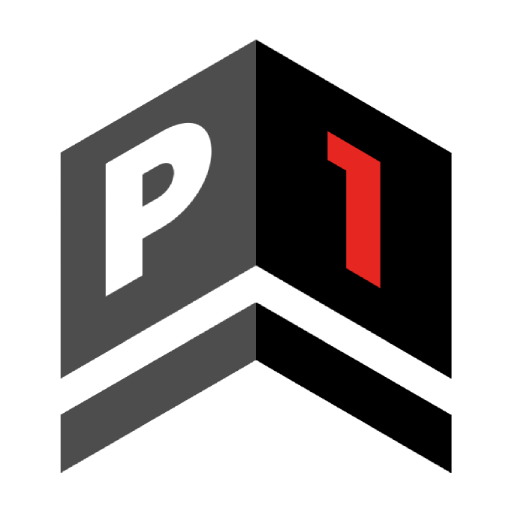C# with Unity
C# is the primary programming language used in Unity game development. It provides a powerful and versatile framework for creating interactive and immersive games.Here's an example code structure for a simple C# script in Unity:
using UnityEngine;
namespace GameControllers
{
public class PlayerController : MonoBehaviour
{
// Variables
public float moveSpeed = 5f;
private Rigidbody2D rb;
// Start is called before the first frame update
void Start()
{
rb = GetComponent<Rigidbody2D>();
}
// Update is called once per frame
void Update()
{
// Get input
float moveX = Input.GetAxis("Horizontal");
float moveY = Input.GetAxis("Vertical");
// Calculate movement vector
Vector2 moveDirection = new Vector2(moveX, moveY).normalized;
// Apply movement
rb.velocity = moveDirection * moveSpeed;
}
}
}
In this example, the PlayerController script is placed inside a namespace called GameControllers. Namespaces help organize and group related code together to avoid naming conflicts.
the script controls the movement of a game object (e.g., a player character) using keyboard input. It utilizes the Update() method to capture input each frame and applies movement to the attached Rigidbody2D component. The script also has a public variable for controlling the movement speed, which can be adjusted in the Unity editor.
This code structure demonstrates the basic elements of a C# script in Unity, including variable declarations, method overrides (such as Start() and Update()), accessing components, and utilizing Unity's input system and physics engine.
To use this revised script in other parts of your project, you would need to reference the GameControllers namespace. For example, if you have another script that needs to access the PlayerController script, you would need to include the following line at the top of that script:
using GameControllers;
Remember that this is just a simple example, and C# with Unity offers much more functionality and flexibility for creating complex and engaging games.
